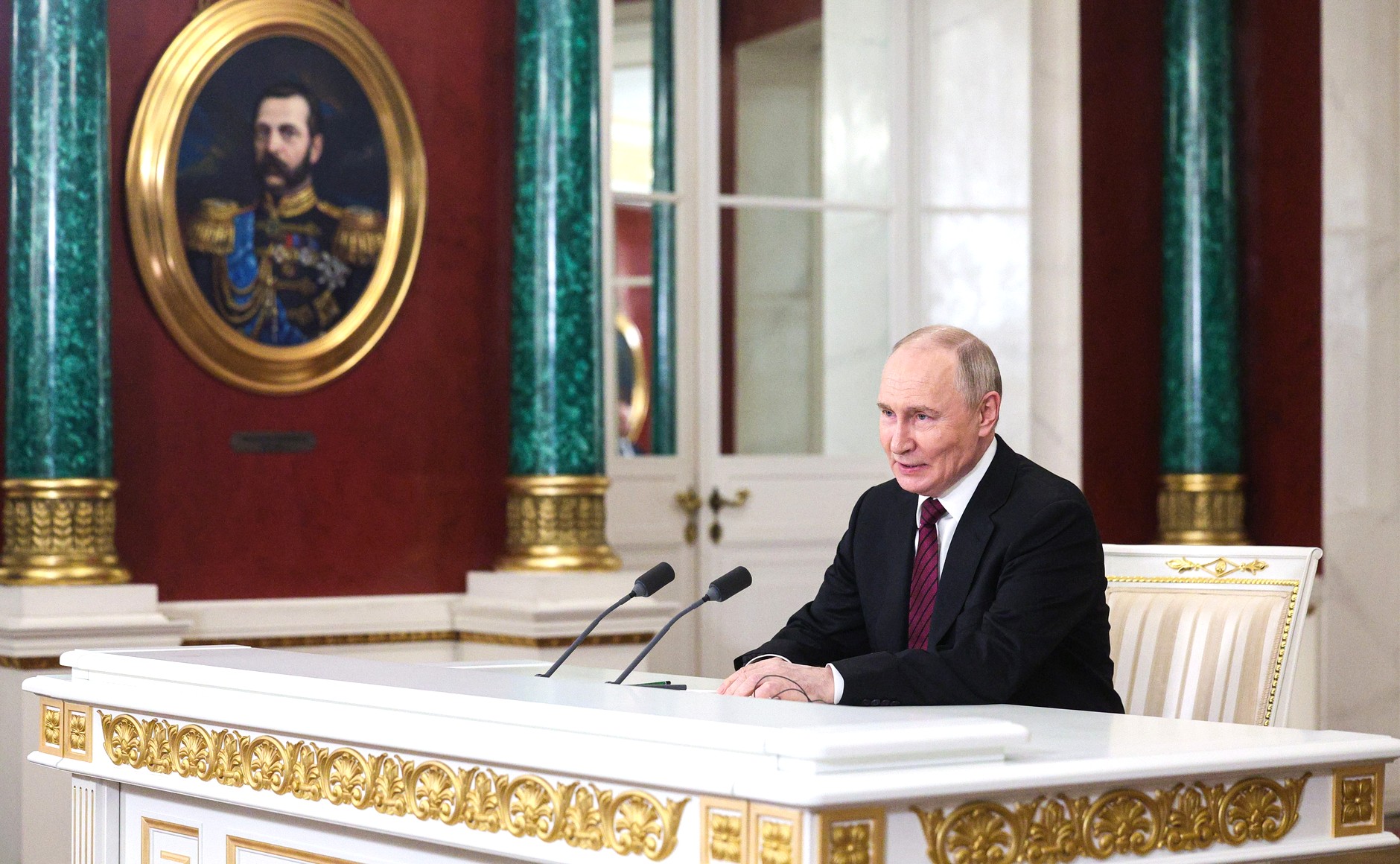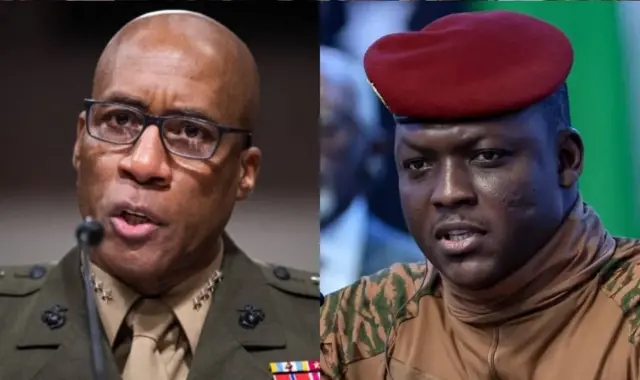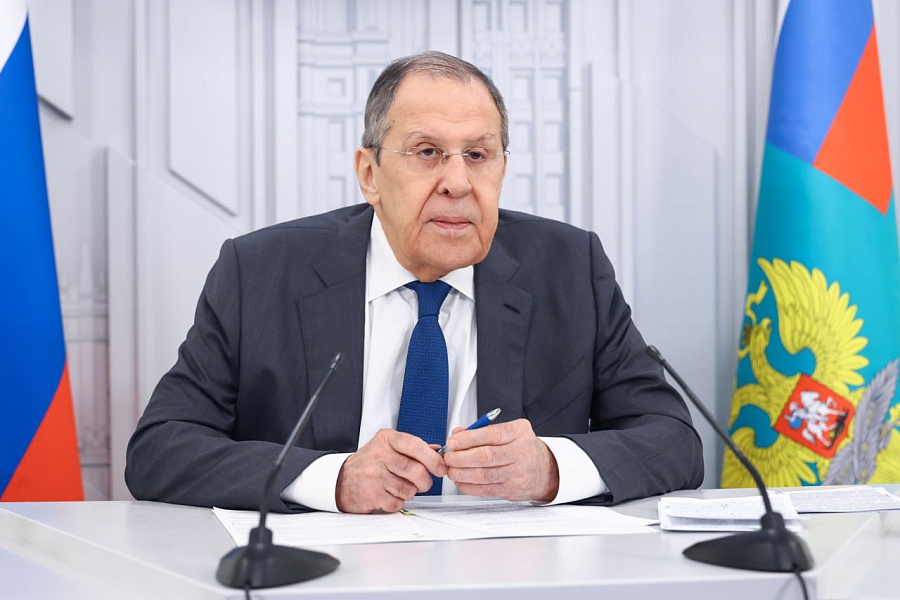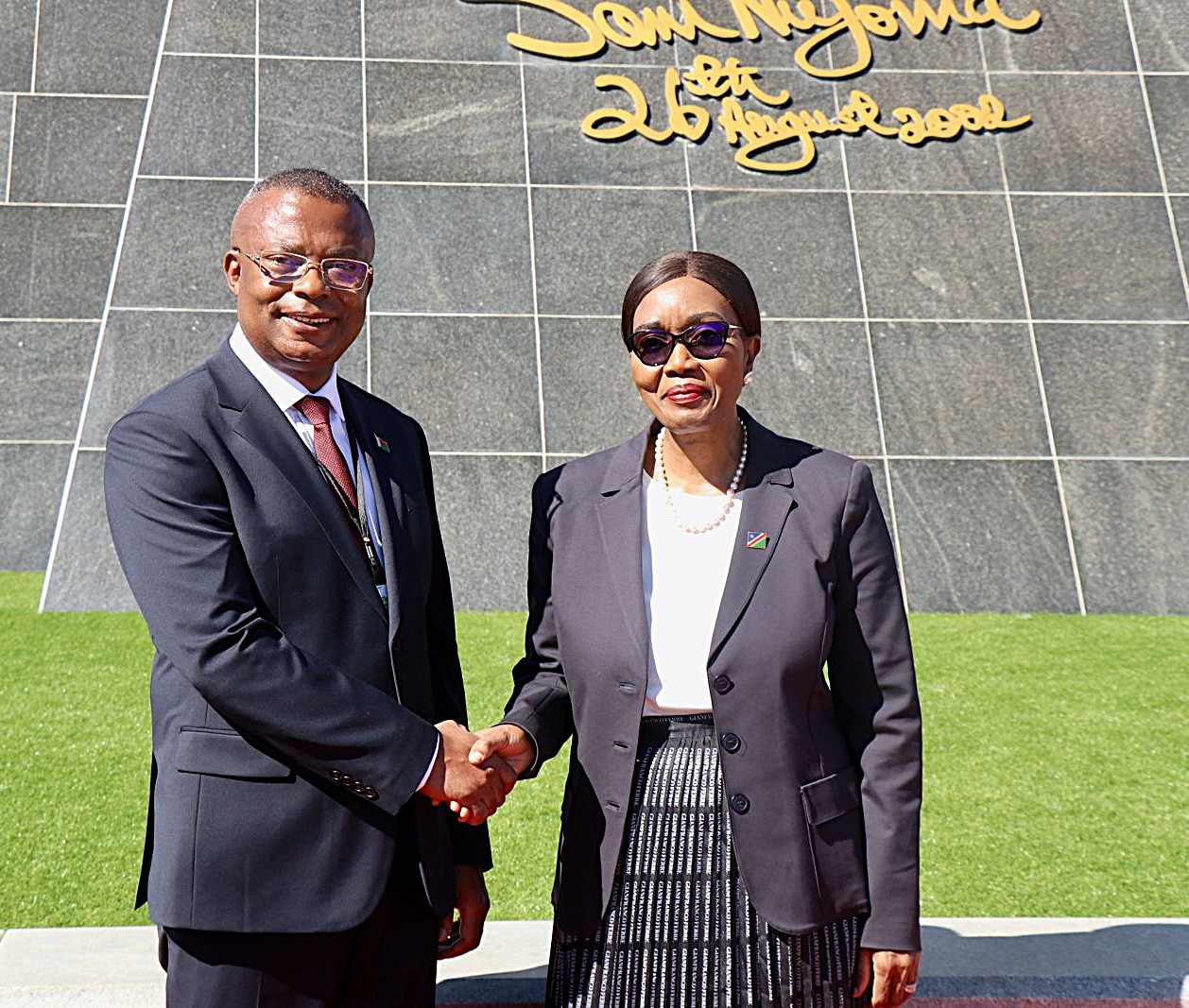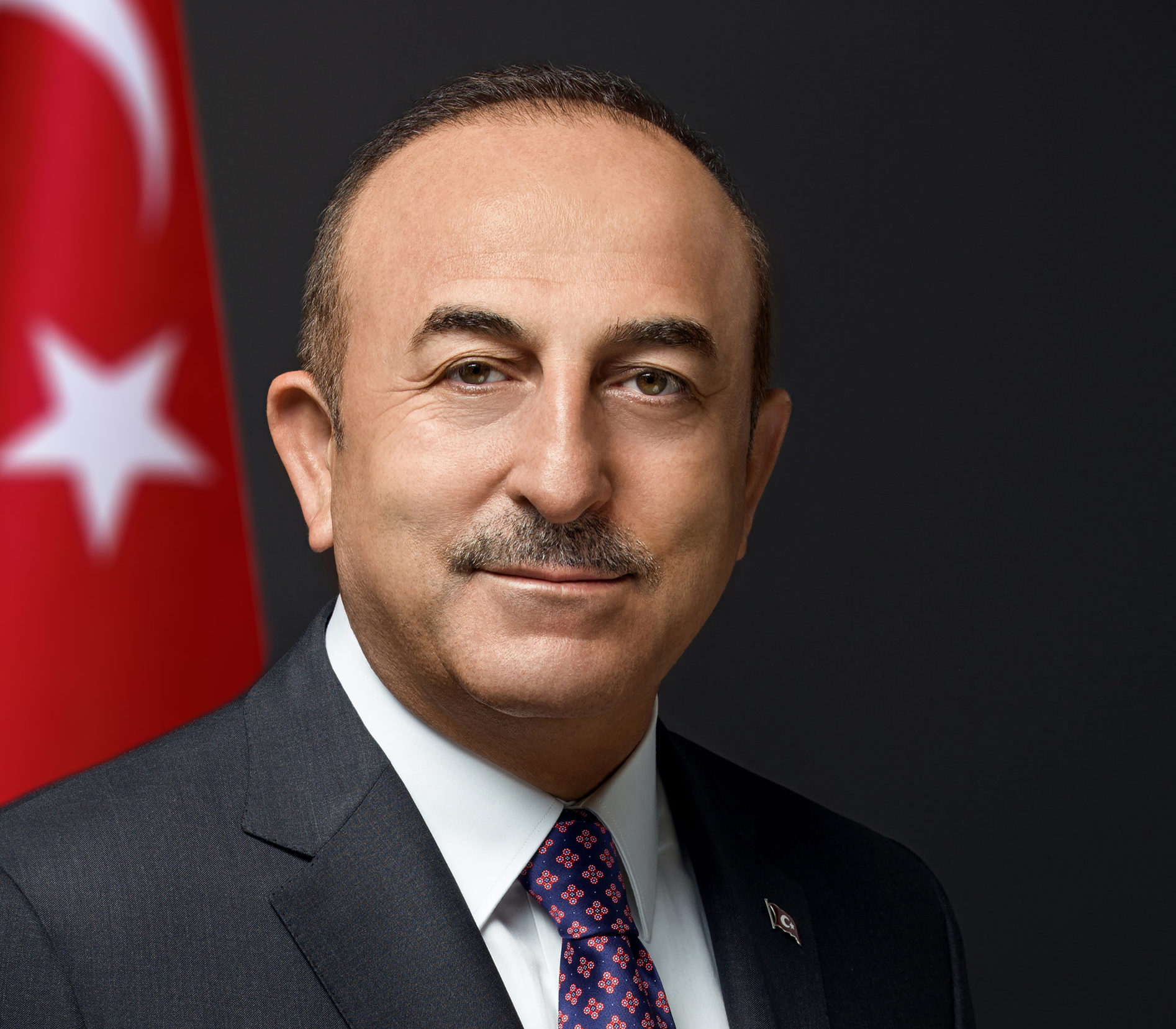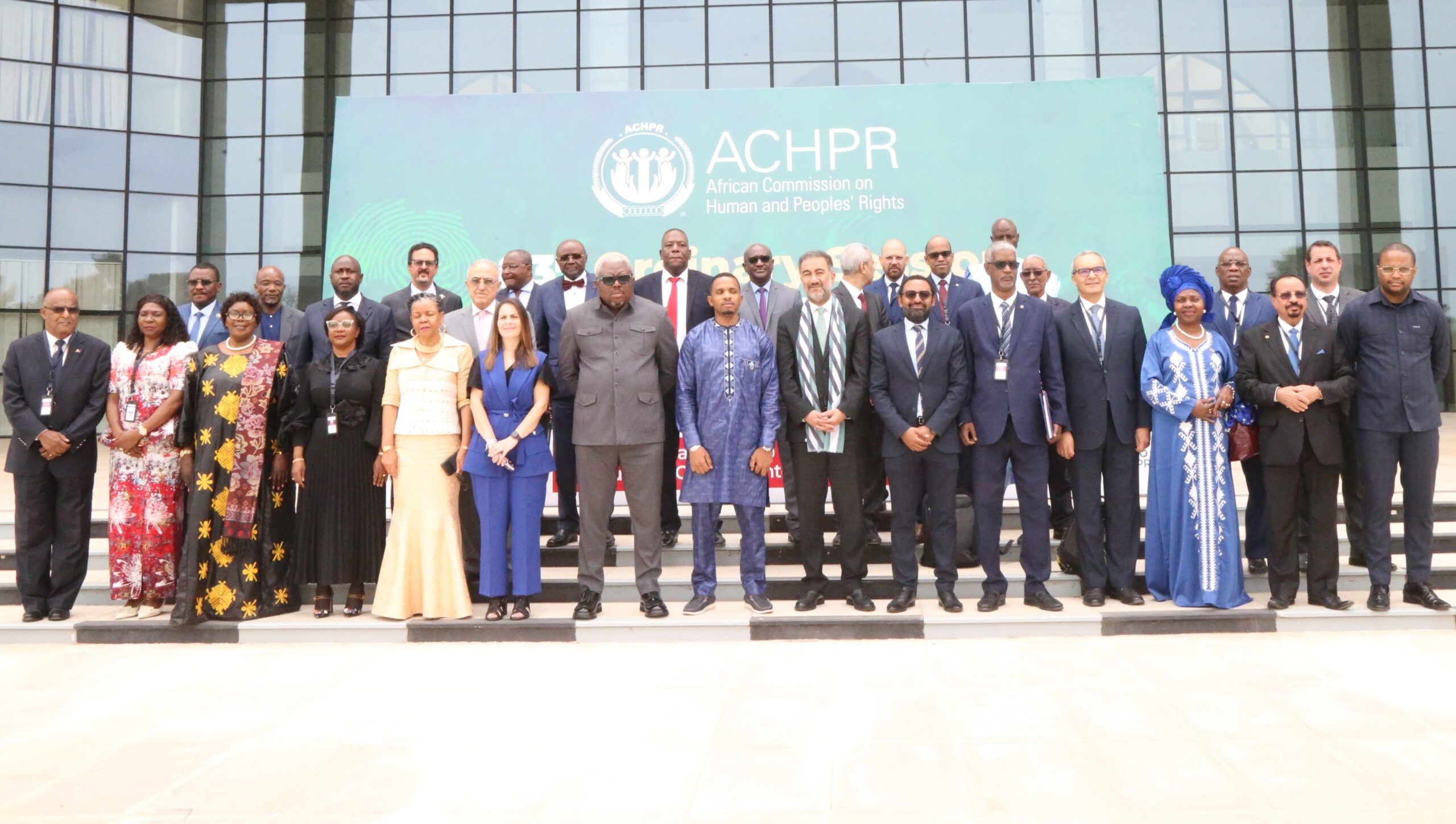
Cuban-Ambassador-to-Botswana-H.E-Patricia-Guerra-in-white-flanked-by-reporters after a press conference she addressed at the Embassy offices in Partial, Gaborone
By Ceasor Mouwane
The Pan Afrikanist Watchman
The United Nations General Assembly will on June 23rd, 2021 take a Resolution on the unilateral economic, commercial and financial blockade imposed by the United States of America against Cuba.

The restriction on U.S trade with Cuba was put in place in 1962 and persists to this very day. It was instigated by the Cuban administration choosing to embark on a communist political ideology that would advantage all Cuban nationals in terms of property, education and health.
As part of this policy, the Cuban government further nationalised a substantial portion of natural assets that were under the control of US corporations.
A presentation by the Cuban government before the UN that should have taken place in November 2020 but was prevented by the Covid-19 pandemic will commence on the 23rd June 2021 regarding the blockade.
Aptly titled, ‘Necessity of ending the economic, commercial and financial blockade imposed by the United States of America against Cuba’, this will be the 29th Resolution that the United Nations General Assembly has passed condemning the blockade, but the US is contemptuously ignoring with a show of arrogance.
Addressing a press conference on the 10th June 2021 at the Cuban Embassy in Gaborone, Cuban Ambassador to Botswana, Her Excellency Patricia L. Guerra described the blockade as the most unfair, severe and prolonged system of unilateral sanctions ever applied against any country.
Ambassador Guerra acknowledged the numerous voices with the American society, including the US Congress and civil society that have worked tirelessly to campaign for the end of the blockade, but said they are blocked by the Helms-Burton Act, which to this day remains the greatest obstacle to achieve this end.
Towards the end of his presidential term, a declaration by Barack Obama was received with gusto when he stated that the US would ease constraints on trade and travel with Cuba, but the optimism was short-lived when his successor, Donald Trump, indicated that the US might not lift sanctions on the Cuban regime until it delivers full political freedom for its people.
Ambassador Guerra indicated that to date, no practical act has been taken and the limitations on tourism and trade remain in place. Ambassador Guerra explained that from 2019 to March 2020, the US administration, spurred by the Helms Burton Act – which she described as an “affront to the principles of international law” – strengthened the sanctions against Cuba until it reached unparalleled heights of belligerence.
“… the extraterritorial dimension of this policy has been brutally intensified with the full implementation of the well-known Helms-Burton Act since May 2019.” Guerra told the journalists.
She said the legislation was an insult to the moralities of international law and global trade rules, with little regard to the damage it causes to the sovereignty of Cuba.
Moreover, the US is applying pressure on its allies to halt trading with Cuba. Amid other things, the sanctions have disallowed Cuba from procuring the much-needed health equipment and supplies.
“… even in the midst of the health emergency created by COVID-19 in the world”, Guerra said.
Ambassador Guerra implored the global community to pressure the US to lift this blockade, especially during this time when the world facing a commercial and societal calamity heightened by the COVID-19 virus.
Asked how she sees the US voting this time around, given that President Biden was Obama’s Vice President when he eased US diplomatic relations with Cuba, Ambassador Guerra said given the pressure at home and from outside, the US will at best abstain from voting.
